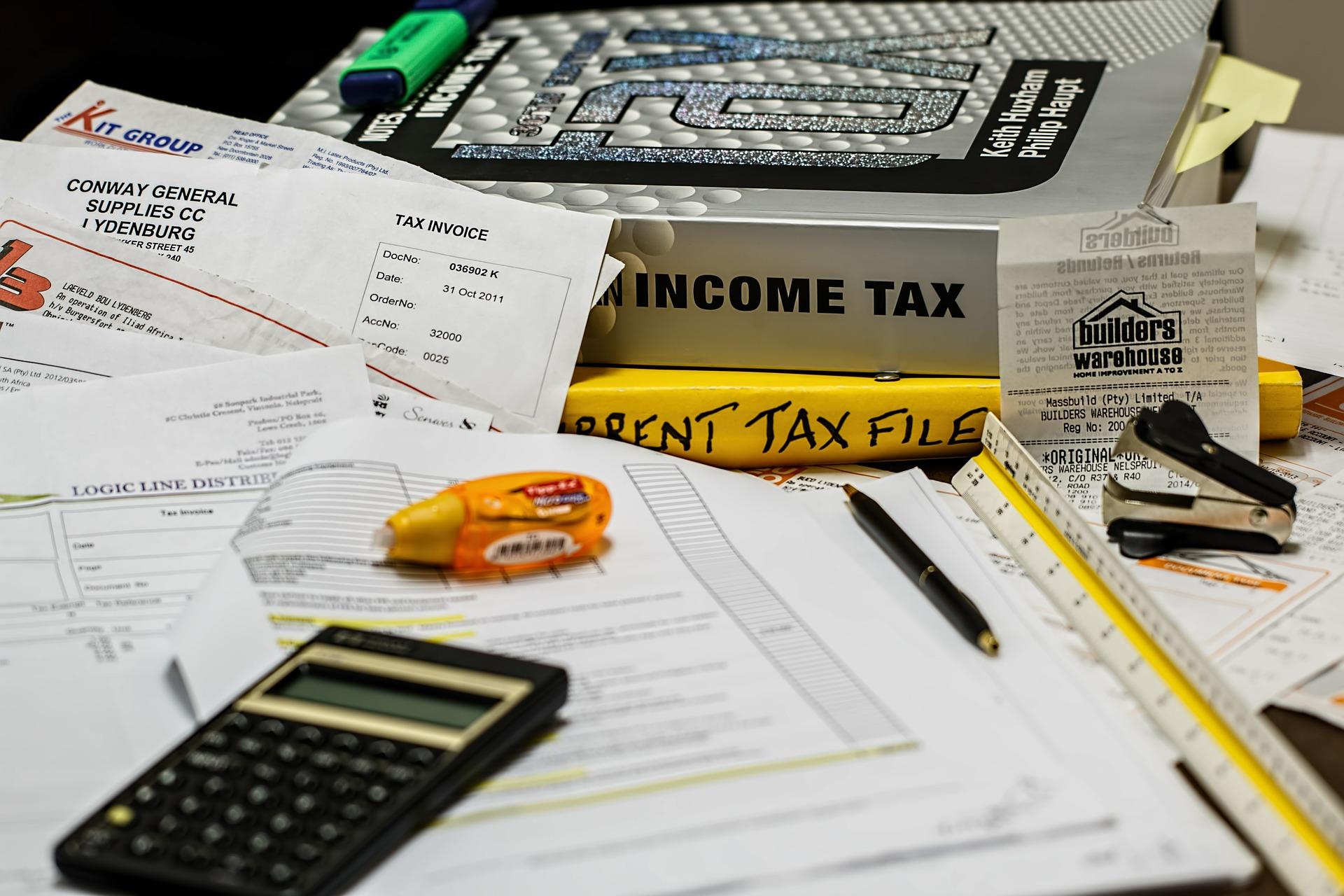Need more time to prepare and file your tax? You're probably still waiting for some tax documents to arrive in the mail, or you still need more time to sort out your tax deductions, like tax depreciation. Luckily, like many last-minute tax filers, you can take advantage of the annual income tax filing extension option.
Benefits of filing a tax extension
Having extra time to finish up your tax return can be necessary, and oftentimes, cost-efficient.
1. Buying you more time to make drastic decisions
There are various decisions that can be made on your return, including deciding to depreciate equipment, carryback and forward any business losses. Such crucial decisions should be made when your tax return is filed, and you can only do this when you're given extra time to think them through and get your financial records in order.
2. Fewer errors for you and your accountant
Filing an extension can improve the accuracy of your tax return.When you aren't much in a rush to get your tax return, you as a taxpayer and your accountant can make fewer mistakes, thus maximize your tax savings.The extension gives you and your accountant sufficient time to go over your return, assess everything, and make sure you're not missing important tax dues and deductions.
3. Saving you from late penalties
The IRS, for example, imposes two basic penalties; One is the late filing penalty of 5% per month on any tax due. Two would be the late payment penalty of half a percent per month. With tax extension, you can create a deferral on these penalties and save costs.
4. Helping reduce tax preparation fees
Some accountants demand increased fees in the weeks leading up to the deadline. They drop their rates during off-peak seasons. You may be able to save more money by using the extension to shift your tax preparation to a time when your accountant is charging less.
5. Lessen your risk of an audit
There's a common belief that filing a tax extension will trigger an inspection of an individual/organization's accounts but a lot of tax experts believe otherwise. In fact, they believe an extension can eliminate your chances of being audited. It's because you would be filing your return outside of the normal tax season. However, keep in mind that the best way to reduce your chance of an audit is to file a precise and complete tax return, which is another reason for filing a tax extension.
Drawbacks of filing a tax extension
The privilege is not without its drawbacks.
1. Extra time to file doesn't mean extra time to pay
Filing a tax extension is NOT an extension to pay your income taxes; it is rather an extension of time to complete the tax paperwork. Any tax is still due by the original deadline. While the extension may reduce penalties, any outstanding balance will still be charged a late payment penalty fee and interest.
When you file for an extension, you have to estimate what you owe and then pay them. If you miscalculate the amount of tax owed, you'd say hello to steep charges. In the US, the IRS may waive any penalties if you pay at least 90% of your tax bill upfront and then pay the remaining with your formal return by the 5th of October.
2. A longer wait for your money
You might wait longer for your tax refund. You cannot claim the money you overpaid in taxes (refunds) until you file your taxes. It could take 8 to 12 months depending on when your return is filed and processed.
3. Late filing fees for strike two
What happens if you miss the extended deadline? You no longer have a safety net if you face the same time crunch in six months. Yes, you can still file but you have to make certain adjustments in the way of filing your return. If you still owe something to the taxation agency, you might pay late filing fees along with the late payment fees.
This isn't actually a disadvantage but a friendly reminder - If you're filing for a tax extension out of procrastination, you should use the extended time wisely.
Author Bio: Sophie Harris is a resident writer for Depreciator, an Australian-based business specializing in Tax Depreciation Schedules. Being an enthusiast of pursuing financial security herself, she writes and shares self-help articles focused on personal finance, tax planning, and property investing.












No Comments